What is Prostatectomy?
A prostatectomy is a surgical procedure targeting the removal of all or part of the prostate gland, situated below the bladder and encircling the urethra in the male pelvis. Primarily conducted to address prostate cancer or benign prostatic hyperplasia (BPH), this surgery can be executed through various methods, including cutting-edge minimally invasive robotic techniques or traditional open surgery. The operation might be carried out through retropubic prostatectomy or suprapubic prostatectomy (lower abdomen) or perineal approaches, the latter involving an incision between the rectum and scrotum.
Typically recommended for conditions like prostate cancer, benign prostatic hyperplasia, prostatism, and prostatitis, prostatectomy is a common surgical choice for men, particularly those in their late 50s and 60s. Urologists, specialists in urinary tract and male reproductive health, are the professionals who perform this surgery.
Types of Prostatectomy
- Simple Prostatectomy: A simple prostatectomy involves a surgeon making a vertical incision in the lower abdomen to remove the inner prostate while leaving the outer portion intact. This procedure can also be performed laparoscopically. Laparoscopic prostatectomy is a less invasive procedure that involves making small incisions in the abdomen, inserting a camera, and removing the prostate.
- Radical Prostatectomy: A radical prostatectomy involves removing the entire prostate gland, including fat and surrounding tissues like seminal vesicles and lymph nodes. The surgeon then reattaches the urethra to the bladder and cuts the vas deferens tube. A radical prostatectomy can be performed openly (open radical prostatectomy) or laparoscopically (laparoscopic radical prostatectomy), with the surgeon making a vertical incision between the belly button and pubic bone to remove the prostate or using a laparoscope to see inside the body and insert surgical tools to remove the prostate.
Apart from the above types, some patients might be eligible for robotic prostatectomy, in which the surgeon “pilots” a robot’s arms, enabling it to move more carefully in hard-to-reach areas of the body. Some might suggest laser prostatectomy, in which a surgeon inserts a laser beam through the urethra to remove or vaporize prostate tissue blocking the urethra.
| Procedure Name | Prostatectomy |
|---|---|
| Type of Surgery | Open, laparoscopic or robotic |
| Type of Anesthesia | General Anesthesia |
| Procedure Duration | 2-4 hours |
| Recovery Duration | Few weeks to few months |
Prostatectomy: Pre-Op & Post-Op Care
Preparation for prostatectomy
Before undergoing a prostatectomy, the surgeon will discuss the best procedure that suits you, whether it’s a simple or radical one, and conduct health checks and assessment tests. The surgeon will also provide specific instructions on diet and drinking a few hours prior to the surgery.
During the procedure
Prostatectomy techniques differ based on the condition (BPH or cancer) and approach (open or robotic-assisted). Typically, patients are under sedation, and surgeons use either laparoscopic tools for a minimally invasive procedure or make open incisions. For cancer treatment, the prostate and adjacent tissue are fully removed, followed by reconnecting the urethra and bladder.
After prostatectomy
Post-prostatectomy, the patient’s incisions are bandaged, and they’re moved to a recovery room for monitoring. Initially, a liquid diet is prescribed for 1-2 days. Once stable and no longer requiring close observation, the patient is typically discharged within two days.
Prostatectomy Recovery
After an open prostatectomy, most individuals can resume normal activities around eight weeks later, while recovery is faster for robotic prostatectomy patients, typically four to six weeks. The recovery timeline depends on the type of prostatectomy, health history, and other conditions.
Post-procedure care
After a prostatectomy, recovery includes handling a urinary catheter, taking pain medication, and resting. Hospital stays vary, with a hiatus on heavy activities for weeks. Hydration and constipation management aid recovery, and regular follow-ups with the surgeon are advised.
Benefits of Prostatectomy at Yashoda Hospitals
- Potential Cure
- Shorter Hospital Stays
- Reduced Risk Of Recurrence
- Improved Quality Of Life
- Less Need For Further Care
- Safer Procedure





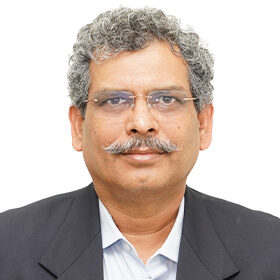
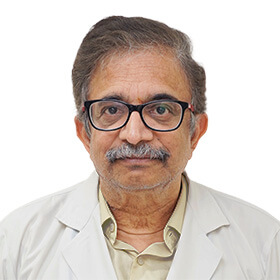


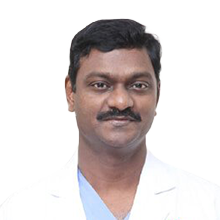

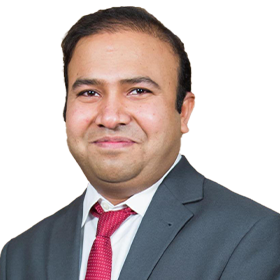

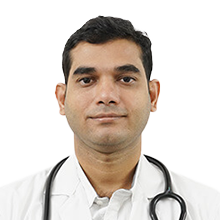
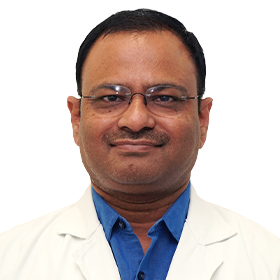












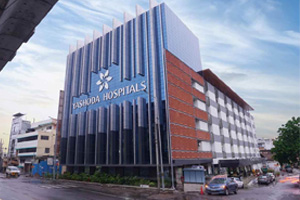
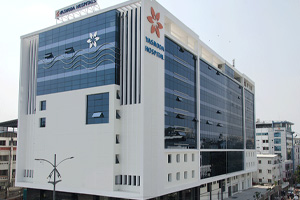
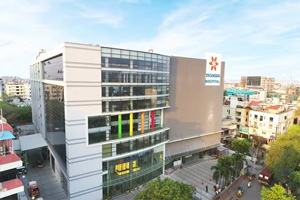
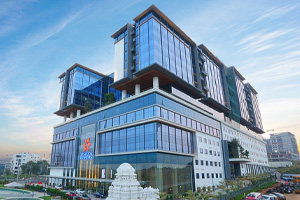
 Appointment
Appointment WhatsApp
WhatsApp Call
Call More
More